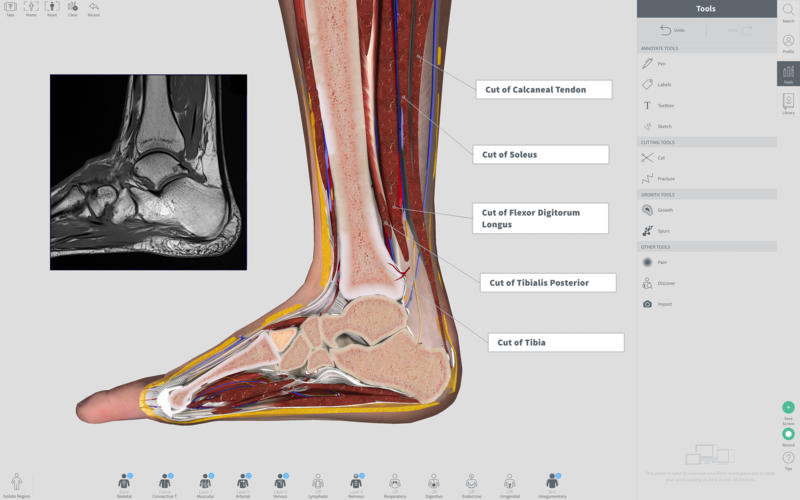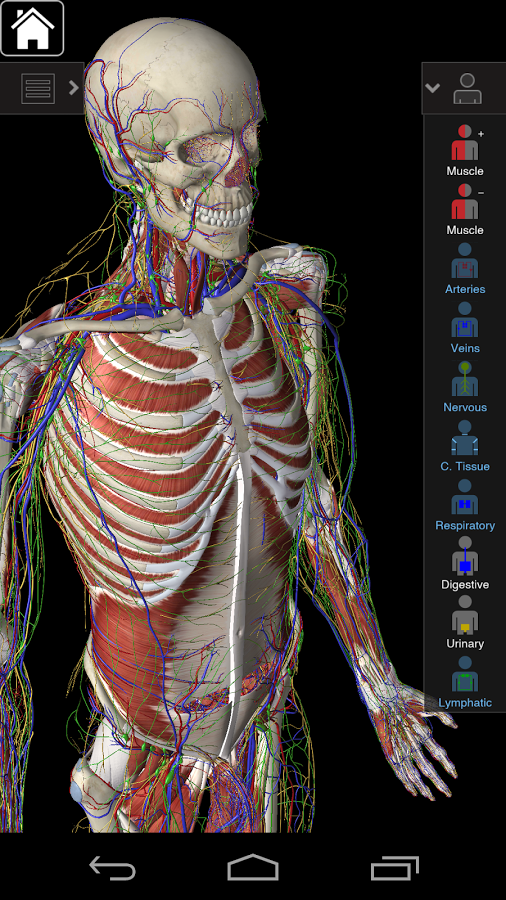

#Essential anatomy 5 mac crack how to
It’s also important to learn about side effects and how to manage them. Your doctor will explain what medicine is recommended for you, when to take it, and exactly how much to take ( dose) at one time. Pain is not something that you have to “put up with.” Ask your doctor about any other times you should call.ĭifferent types of pain medicine (also called painkillers, pain relievers, and analgesics) are used to control pain. When to call your doctor: Contact your doctor or nurse if you feel new pain, if your pain isn’t decreasing or going away with pain medicine, or if you have side effects from the pain medicine. Would you like to try other practices that may help with your pain? For example, acupuncture, mindfulness, hypnosis, or guided imagery.īased on your answers to these questions, your doctor may change the type or amount of pain medicine and make other suggestions.

Is the pain medicine causing side effects that are bothering you?.Is your pain medicine helping to lower the pain?.Getting a pain control plan that works for you: Once a pain control plan has been developed, your health care team will talk with you about whether your pain is going down. Others may get a chart from their nurse or use a pain app on their phone. Some people write down their levels of pain and the medicine they took for it, in a notebook. How does pain affect your mood and mental health?Īsk your nurse how to track pain-related information.Does the pain interfere with eating, sleeping, exercise, or other daily activities?.What helps to lower the pain or make it go away?.How bad is the pain, on a scale of 1 to 10, where “10” is the most pain and “1” the least?.When does the pain start? How long does the pain last?.Does the pain come and go, or is it constant?.What does the pain feel like (is it sharp, burning, shooting, or throbbing)? Here are words you can use to help describe pain.Your health care team may ask you questions like these to better understand and treat your pain: This plan usually includes pain control medicine and may include other practices such as those listed in the integrative medicine section below.ĭescribing your pain: When you talk with your doctor or nurse, be as specific as you can about the pain. Other specialists on the team may include experts such as a nurse, an acupuncturist, a pharmacist, a surgeon, a psychiatrist or a psychologist.īased on your description of the pain, your symptoms, a physical exam, and sometimes imaging tests, your doctor will develop a plan to control your pain. Your pain control team may be led by your doctor or a palliative care specialist. These specialists often work together as a team to treat pain.
#Essential anatomy 5 mac crack skin
Another cause of pain may be the side effects of cancer treatment, such as mouth sores, peripheral neuropathy, or skin reactions. Some cancer treatments or tests cause pain, such as surgery or bone marrow aspiration. This may happen if a tumor presses on nerves or other parts of your body. Sometimes cancer is the cause of your pain.

There are different causes of pain in people being treated for cancer. Chronic pain levels may also stay the same, or get worse, over time. Chronic pain may come and go or be constant.



 0 kommentar(er)
0 kommentar(er)
